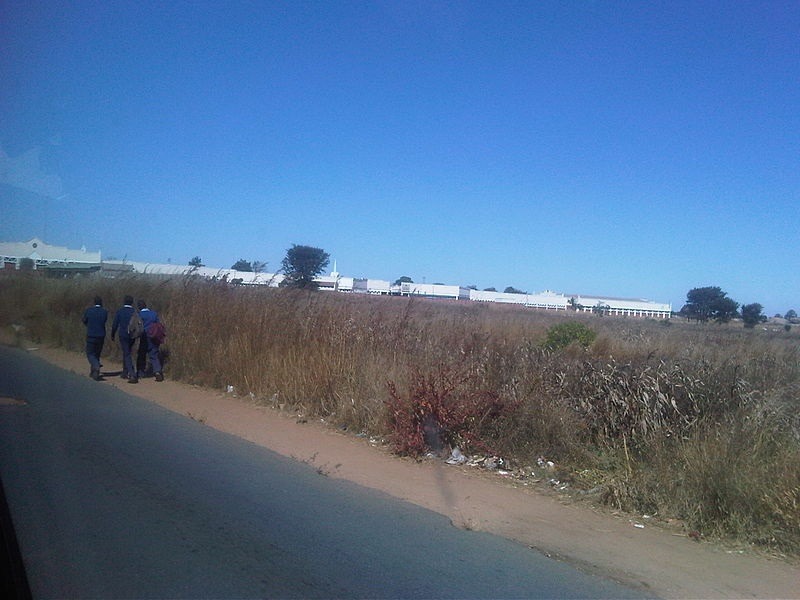
August 6, 2015; Next City
Last June, NPQ reported on an innovative nonprofit in San Francisco, Lava Mae, which had figured out a way to retrofit old public transit buses as mobile shower facilities for the city’s homeless population. Now, as reported in Next City, a nonprofit in Zimbabwe, Chitungwiza Progressive Residents Association (CHIPRA), is hoping to take this concept and try to make it work in a desperately poor urban community near the capital of Harare.
The problem Lava Mae’s founder, Doniece Sandoval, was trying to solve: only seven existing shower facilities, most of them centrally located, for a homeless population in San Francisco of 6,000 people. A year after launching the project, Lava Mae now provides its mobile shower service four days a week in four different parts of the city. The organization’s buses proudly bear the tagline, “Delivering Dignity, One Shower at a Time.” In addition to the engineering challenges of retrofitting the buses, Lava Mae had to find ways to tap into the city’s water supply and handle the wastewater.
Sign up for our free newsletters
Subscribe to NPQ's newsletters to have our top stories delivered directly to your inbox.
By signing up, you agree to our privacy policy and terms of use, and to receive messages from NPQ and our partners.
In Chitungwiza, CHIPRA representative Admire Mutize can only fantasize about drawing water from a fire hydrant or draining used water into sewer drains; his city of 365,000 people lacks even the most basic infrastructure. As Mutize explains, “There are no sanitation services, especially water and sewage.” This is true for people with homes as well as those who sleep in the streets. And while the same case could be made in Zimbabwe as in San Francisco about the measure of human dignity offered by providing a facility to shower—along with a few minutes of privacy, especially for those without a place to call home—the stakes are much higher in Chitungwiza. The lack of access to clean water there has resulted both in civil unrest and in outbreaks of diarrheal diseases, as documented in reports by Human Rights Watch. So if the engineering problems could be solved, mobile showers in that part of the world could have a significant impact on overall community health, and might even help to keep the peace.
Sandoval is only too happy to help CHIPRA consider how the Lava Mae model might be adapted in such a different environment, even though, as she says, “When I started Lava Mae…I had no vision beyond San Francisco.” She notes that other communities have also expressed interest in the idea of retrofitting buses, and a program in Honolulu is likely to be operational within the next year.
As noted in the original newswire about Lava Mae, and in more recent NPQ reports, the nonprofit sector seems to have a knack for repurposing old buses. From delivering lunches to underserved students during the summer and bringing fresh produce into urban food deserts; from hands-on arts and science experiences to a bicycle library and a renewable energy outreach program, buses seem to be the way to go.—Eileen Cunniffe













